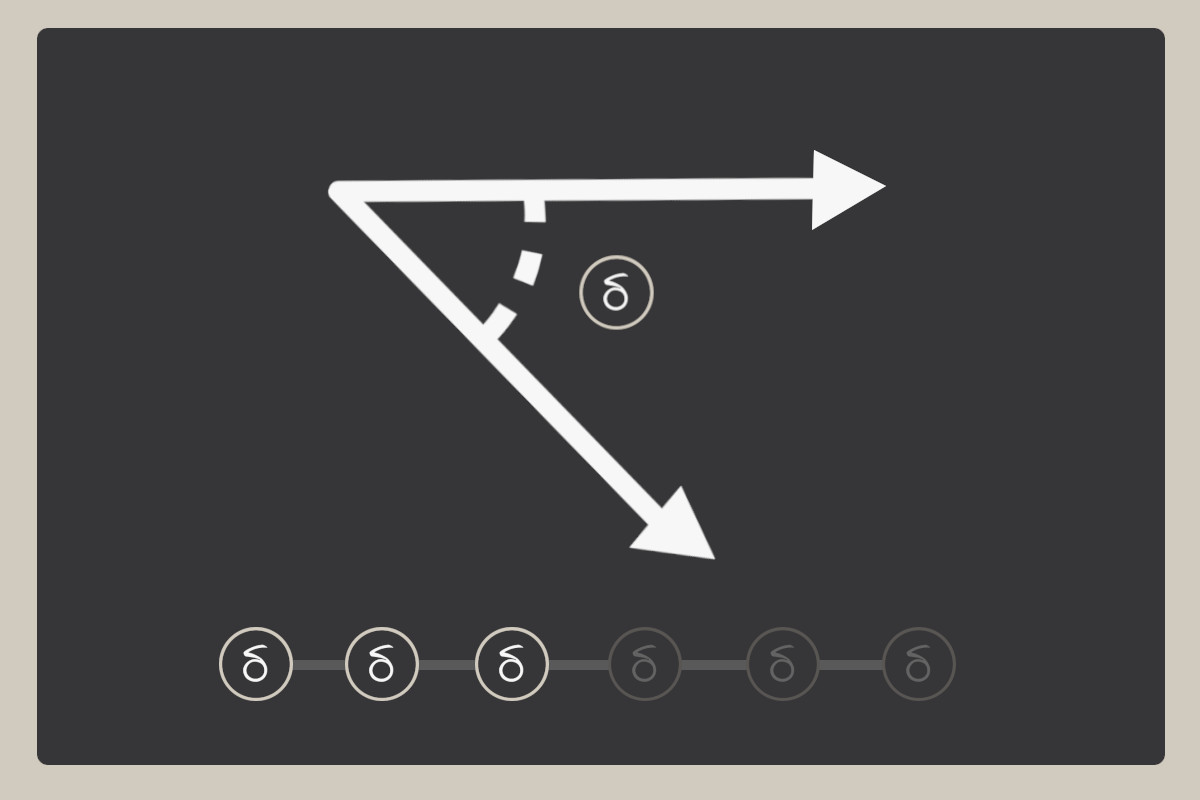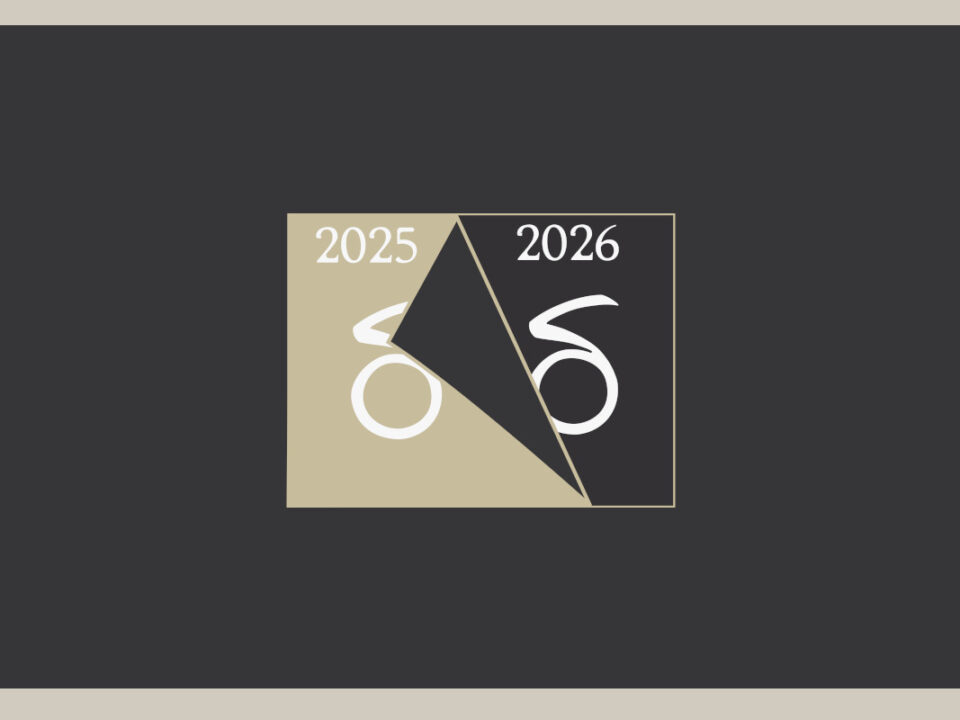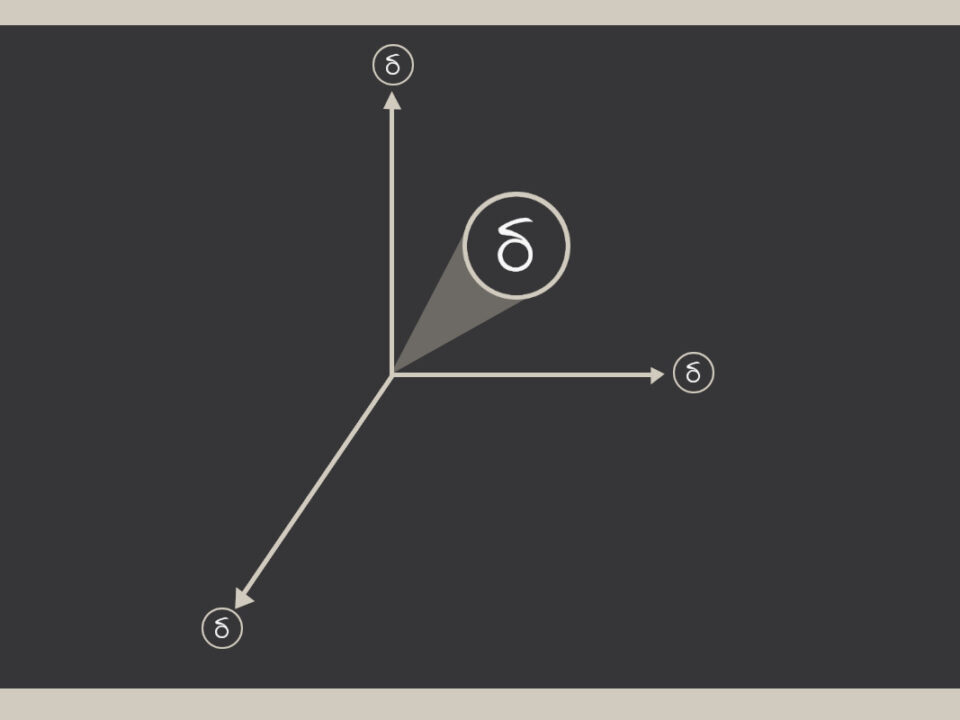The Relevance Delta: Timing, Rhythm & Trust
With your small business properly aligned with its ideal customers & differentiation identified and in place, now it’s time to look at ways to build (and keep) relevance in your audience’s eyes when it comes to digital marketing.
Just as a quick summary, first, in a previous post in this series I discussed the “Alignment Delta” – making sure you understand who your customers are, where they are, the specific problem your business solves and finally where they may be looking online to solve their problems.
In the next post in this series I went over the “Why Delta” – helping you understand your differentiation and why your customers/clients should choose you over others with the same alignment as your small business.
In this post, I’d like to go over the “Relevance Delta” – understanding the gap (or distance) from where you’re positioned now to being at the top of mind of your customers for topics related to your small business.
What Does Relevance Mean, Exactly?
Taking a small step back before we begin, I’d like to look at the formal definition of relevance (or “relevant”).
Relevant – adjective
“having significant and demonstrable bearing on the matter at hand”
In short, being “relevant” means that you’re important to “the matter at hand”.
For your customers, the “matter at hand” is simply what they want or need at any given moment.
Specifically they use digital channels like search and social to find relevant information – or local businesses – to help them solve their problems.
The Relevance Delta
The “Relevance Delta” is a relative measure of how relevant your small business is to solving the problems they need or wants they desire.
Are you being talked about (or positioned well) in relevant online conversations, online searches, social media posts/groups, online forums, on other websites important to your most important customers?
If you find other small businesses mentioned more — or are better positioned — in some of these key areas, your Relevance Delta (gap or distance) is likely very large — this means your small business is largely irrelevant in the eyes of your customers when they seek to solve their problems online.
As you get talked about more (and get better positioning) positively in conversations relevant to your business (and more importantly the problem(s) your small business solves), your Relevance Delta starts to shrink, eventually running it to zero.
A Relevance Delta of zero indicates that you — and you alone — are the most relevant to your best customers online.
Cutting Through The Noise
While closing your “Why Delta” to zero helped you differentiate your small business from your competitors, you’re still going to have to fight through a lot of noise online to make that differentiation known.
And there is a A LOT of noise online.
Not just from your closest competitors, but also from the rest of the internet, at large.
This means that attention is something that is difficult to not only gain, but also maintain over time.
Staying relevant means keeping that attention over time – not an easy thing to do when you have to fight through all of that noise.
Timing, Rhythm & Consistency
In order to cut through that noise, there are a few things that can help — timing, rhythm & consistency.
Timing is something that can be framed for just about any type of business. For many small businesses, this is something called “seasonality” – the demand for products and services peaks at certain times throughout the year.
Timing your digital marketing efforts before and during those organic increases in demand can help make your content more relevant to those folks that are in immediate need of those products or services.
Even during “slower” seasons, there very well could be topics that could be relevant to your customers — these can often tie into holidays, celebrations and other important events throughout the calendar year.
Rhythm is how often (or frequency) you plan to perform your digital activities. Daily, weekly, bi-weekly – whatever the schedule you end up choosing is the rhythm your customers can expect to hear from you online.
Along with timing & rhythm comes consistency — whatever timeline you choose and frequency, it’s important to stay consistent.
Consistency builds trust and trust can help your messages cut through much of the noise you’re going to run into online.
Digital Relevance: Pulling Everything Together
Putting everything above together, I’d like to take a look at an additional definition of relevance as it relates to digital marketing:
Relevance – noun
“the ability to retrieve material that satisfies the needs of the user”
The very heart of what digital platforms aim to do is surface relevant material (information) that satisfies the needs of the users – your customers, in this case.
In search, this means when folks search for things around a particular topic, it wants to retrieve relevant sources – local business listings, web pages, ads – whatever they believe is most relevant to a particular search term, for a particular user.
In social media, it’s the same process — they wish to retrieve posts, profiles and ads that are relevant for a particular user at a particular moment in time.
For online groups, forums, communities and other behind the scenes digital activity, users request information from other users that are relevant to their particular need at that particular moment.
As you start looking at your “Relevance Delta” and push it to zero, you’ll find you’ll be retrieved (and remembered) more often on these important platforms and conversations.
The more relevant your are in these conversations, the more you’ll find the right customers find you more easily online.
The more customers find you, the more important the next delta becomes – your “Systems Delta”: how you’ll harness the chaos that comes with an increase in attention and customers.




